Discover financial empowerment resources
Discover financial empowerment resources
This article shares stories from Amadeusz, an organization that works with people who are incarcerated to further their high school and post-secondary education. Learn about how experiences with the education system are deeply connected with basic needs for housing, income, and social...
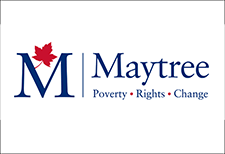
There’s more to the college affordability crisis than the mere fact of debt. “You know, 80% of people with student debt say it causes them to delay things like getting married, buying a house, having kids,” says Aaron Kuecker, president of Trinity Christian College. “Two-thirds of folks who...

Canada’s Black population has grown significantly over the last two decades and now accounts for 4.3% of the Canadian population. This diverse community includes those with deep historical roots, particularly in Atlantic Canada, alongside recent migrants from the Caribbean, Africa and beyond....
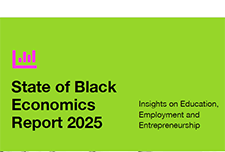
Enrolling in post-secondary education can be expensive. The Registered Education Savings Plan (RESP) is a dedicated savings plan designed to help you save for a child’s education after high school. Learn more about how RESPs work, the types of RESPs, and the fees involved by heading over to the...

Almost all participants (Canadians and community-based organisations (CBOs)) voiced support for the idea of automatic enrolment because it would improve access to the benefit by streamlining the enrolment process for all eligible recipients. As eligible youth are from families experiencing low...
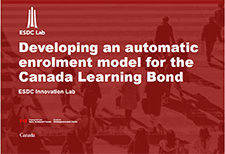
The Ontario Securities Commission (OSC) has launched Investing Academy by GetSmarterAboutMoney.ca as part of Financial Literacy Month. Learn the basics about investing, managing your money, and planning for the future. The courses are available in English or French, and include learning activities,...

This is a custom report produced by Statistics Canada in collaboration with the Assembly of First Nations. It includes key social and economic statistics regarding Status First Nations people living on and off reserve and includes comparisons with the non-Indigenous...
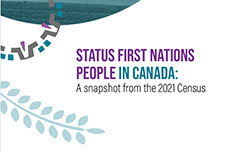
Black History Month is an opportunity to highlight the contributions and accomplishments of Black Canadians and their communities. These Statistic Canada findings provide a brief overview of the Black population that continues to grow with each census. The Black population now accounts or 4.3% of...
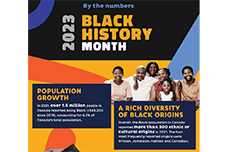
This presentation at the Canadian Economics Association by Professor Annamaria Lusardi, looks at how we measure financial literacy, how we measure the impact of financial literacy on behaviour, how this data and these findings may be used to design policy and programs and what the implications for...
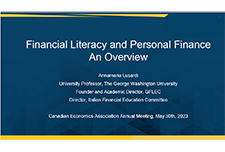
Teachers may incorporate two gamified financial literacy courses that are currently freely available into their lessons. Students can now access two age-appropriate courses designed to help boost students' financial knowledge and confidence at any stage of their financial journey. Course...

The Asset Funders Network engages philanthropy to advance equitable wealth building and economic mobility. For 18 years, AFN has provided a forum for grantmakers to connect, collaborate, and collectively invest in helping more people achieve economic security. This report reflects their work over...
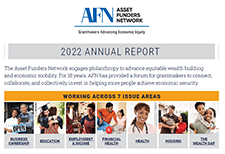
In 2014, a group of non-retired Canadians aged 55 or older was asked about their financial expectations for retirement. New data from 2020 reveal how this same group of Canadians - now retired- is doing...

In honor of Black History Month, BestColleges in the United States interviewed financial expert Terrance Dedrick to help curate a financial literacy resource for Black and African Americans. This article includes links to these organizations in the United States that cater to Black and African...

Saving for your child’s education can be difficult, especially if you are trying to save for multiple goals or pay down debt at the same time. The federal government offers contributions to your child’s Registered Education Savings Program (RESP) through its grant programs: the Canada...
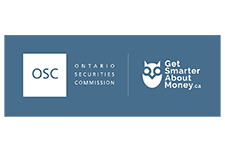
Daily aspects of Canadians' lives are increasingly touched by digital technology, and access to high-speed Internet has become an essential service and a key driver for improving our economic and social well-being. The Government of Canada originally announced Connecting Families in Budget 2017 to...

The pandemic has accelerated a polarization of jobs that has become a structural trend in the Canadian economy. Previous Cardus research has shown that this polarization of the labour market between low- and high-skilled occupations, with a declining share of jobs available for mid-skilled workers,...
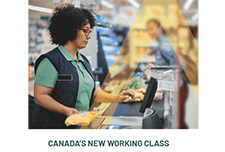
The Canada Learning Bond (CLB) is money that the Government adds to a Registered Education Savings Plan (RESP) for children from low-income families. This money helps to pay the costs of a child’s full- or part-time studies after high school at apprenticeship programs, CEGEPs, trade schools,...

Black History Month is an opportunity to highlight the contributions and accomplishments of Black Canadians and their communities. These Statistic Canada findings provide a brief overview of personal education, contributions to the scientific community, proportions in the front line staff, and...
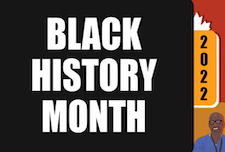
This self-paced online course will help you learn about behavioural insights and how they can help you increase impact in simple, practical ways. In this self-paced learning experience, you will learn foundational skills and tools that you can apply immediately to your work, creating a long-lasting...

The following snapshot aims to highlight how Anti-Black racism and systemic discrimination are key drivers of health inequalities faced by diverse Black Canadian communities. Evidence of institutional discrimination in key determinants of health is also presented, including education, income, and...

Statistics Canada has created an "Opportunity for All"; a dashboard of 12 indicators to track progress on deep income poverty as well as the aspects of poverty other than income, including indicators of material deprivation, lack of opportunity and resilience. These indicators are broadly grouped...
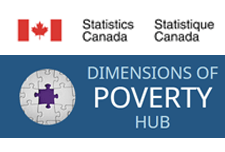
The Canada Education Savings Program (CESP) recently developed a Toolkit for Public Primary Caregivers to help child welfare organizations open Registered Education Savings Plans (RESPs) and access the Canada Learning Bond (CLB) for children in care. Most children in care automatically qualify...
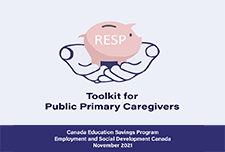
This course is offered by the Canadian Foundation for Economic Education, a non-profit organization that works to improve economic, financial, and enterprising capability. This financial literacy course for general audiences covers a range of topics: money basics and the economy, setting goals and...

The Financial Consumer Agency of Canada’s (FCAC’s) mandate is to protect Canadian financial consumers and strengthen financial literacy. The National Strategy is a 5-year plan to create a more accessible, inclusive, and effective financial ecosystem that supports diverse Canadians in...
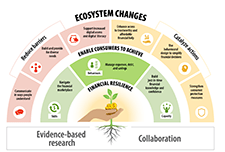
This exploratory study aims to better understand the challenges experienced by members of cultural communities in Montreal, particularly the most disadvantaged groups, during the COVID-19 pandemic in the Spring of...

